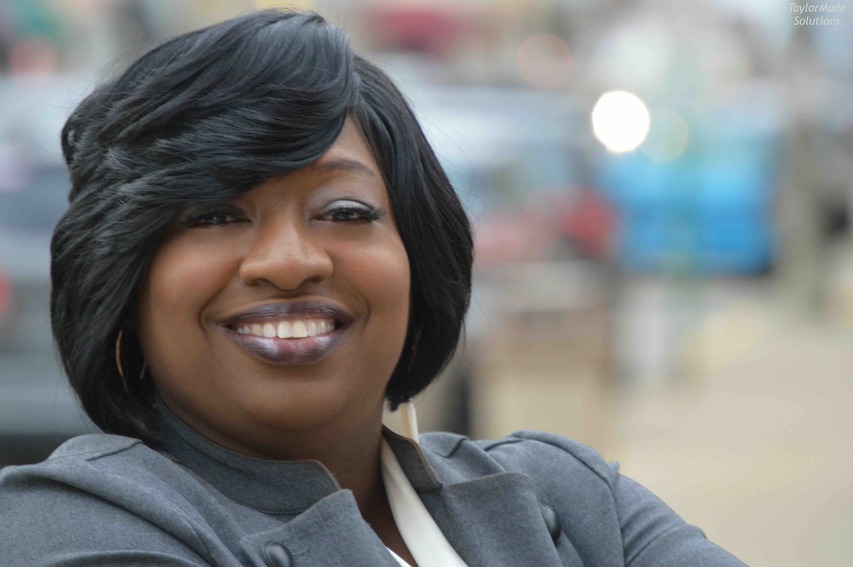Seven best tips to prevent adult acne breakouts

Acne isn’t just a teenage concern—many adults face persistent breakouts, with nearly 50% of women in their 20s and 30s experiencing acne. If you're one of them, don’t worry—there are effective steps you can take to promote clearer skin. Here are nine essential tips to help you combat adult acne and achieve a healthier complexion.
1. Keep Makeup Brushes Clean
Makeup brushes can harbor bacteria, dirt, and oils that trigger breakouts. Clean your brushes every two weeks and sponges weekly. Soak them in water with a few drops of cleanser, rinse, and air dry completely.
2. Choose Mineral-Based Makeup
Opt for mineral-based makeup with ingredients like silica, titanium dioxide, and zinc oxide. These absorb excess oil without clogging pores, allowing your skin to breathe.
3. Check Your Hair Products
If you notice breakouts around your forehead, back, or neck, your hair products might be to blame. Some shampoos and gels contain pore-clogging ingredients. Switch to lightweight, fragrance-free, paraben-free products to reduce acne risk.
4. Reduce Dairy Intake
Cow’s milk contains hormones that can overstimulate sebaceous glands, increasing the risk of acne. Try reducing dairy for a month to see if your skin improves. Consider almond, soy, or oat milk as alternatives.
5. Use Gentle Cleansers
Harsh cleansers can strip your skin’s protective barrier, making it more prone to breakouts. Choose a gentle cleanser designed for acne-prone skin to remove impurities without over-drying.
6. Limit Exfoliation
While exfoliating can help, overdoing it may damage your skin’s barrier. Instead, use your fingers and a gentle cleanser to remove dirt and avoid excessive rubbing when drying your face.
7. Avoid Alcohol-Based Products
Alcohol-based products can dry out and irritate acne-prone skin. Choose oil-free moisturizers suited to acne-prone skin, and apply them while your skin is still damp for optimal hydration.
FAQs
Q1: How often should I clean my makeup brushes?
Every two weeks, for brushes and weekly for sponges to prevent bacteria buildup.
Q2: What type of makeup is best for acne-prone skin?
Mineral-based makeup helps absorb oil without clogging pores.
Q3: Can hair products cause breakouts?
Yes, some hair products clog pores, especially on the forehead, back, or neck. Choose lighter, acne-friendly products.
Q4: Does dairy affect acne?
Research suggests that dairy, especially cow’s milk, can stimulate sebaceous glands, increasing acne risk.
Q5: What type of cleanser is best for acne-prone skin?
Gentle cleansers with a balanced pH are ideal for removing dirt without over-drying.
Q6: Should I exfoliate if I have acne-prone skin?
Limit exfoliation to avoid damaging your skin barrier. Use gentle cleansers instead.
Q7: Is it okay to use alcohol-based skincare products?
It’s best to avoid them, as they can dry out and irritate acne-prone skin.
Q8: Does stress contribute to breakouts?
Yes, stress hormones can increase oil production, leading to breakouts. Try relaxation techniques and maintain a healthy lifestyle.
Q9: Are there dietary changes that may help with adult acne?
Reducing sugary, processed foods and adding fruits, vegetables, and lean proteins may benefit skin health.
Q10: Any other tips to prevent breakouts?
Avoid touching your face, keep phone screens and pillowcases clean, and wear sunscreen to protect against sun damage.
By adopting these practices, you can take charge of your skincare and move closer to a clear, radiant complexion.
More info:
Adult-onset acne: prevalence, impact, and management challenges
12 common causes of adult acne flare-ups
To find the right acne treatments for your unique skin, take the free skin assessment by clicking here.



